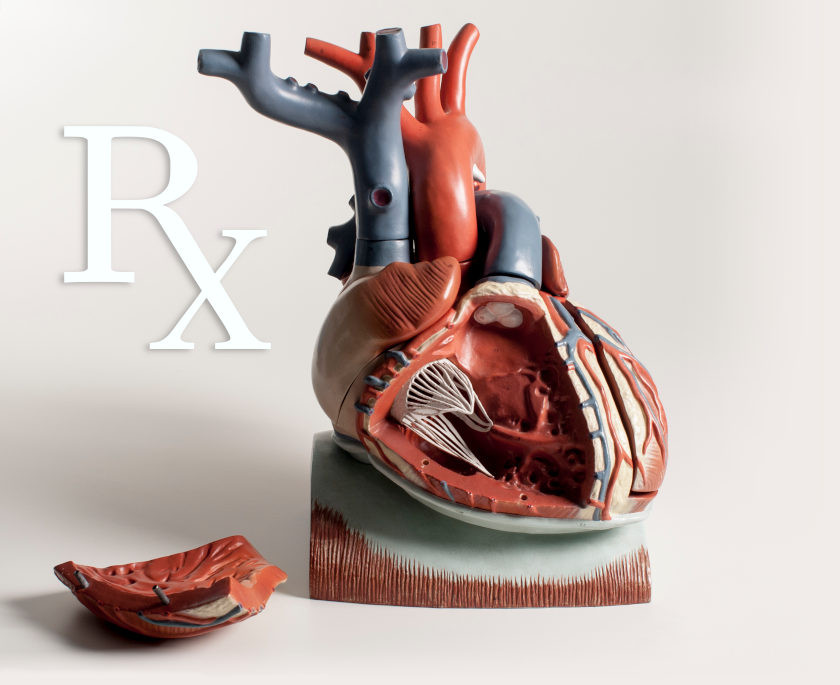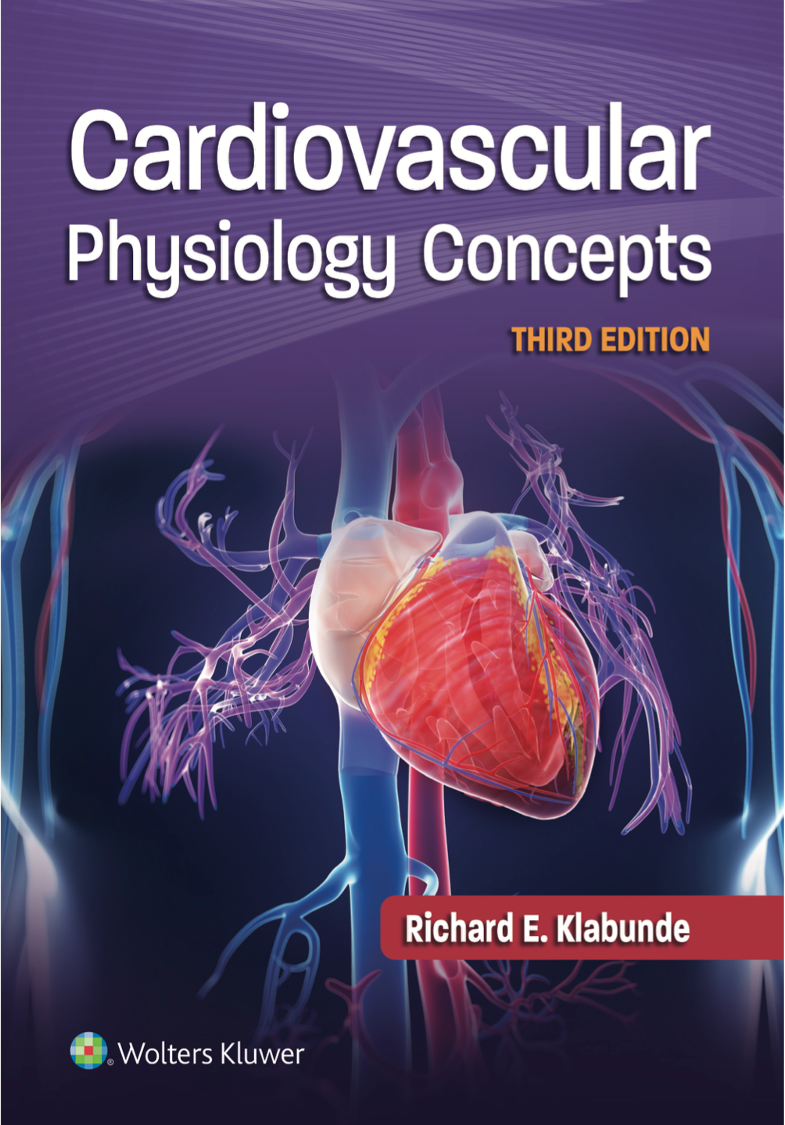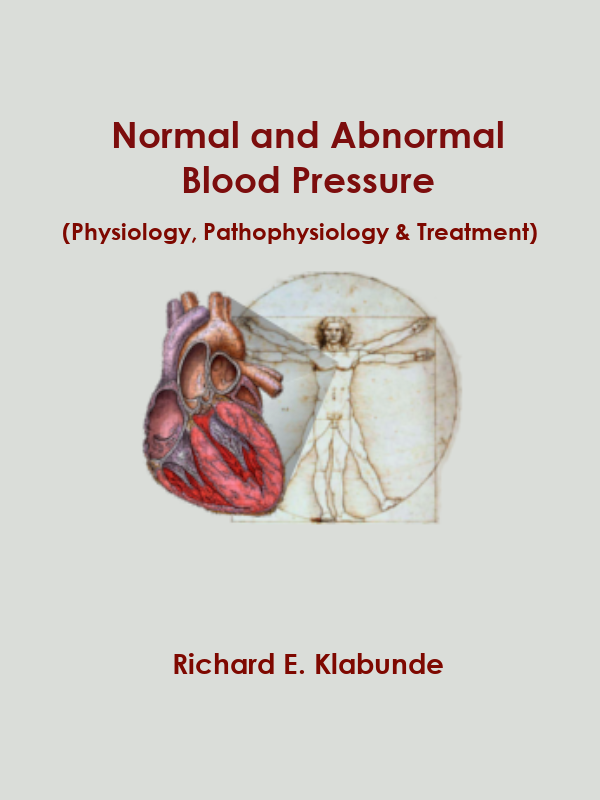Guided Learning - Pharmacologic Treatment of Arterial Hypotension
(NOTE: Turn off or override browser pop-up blockers.)
Pathophysiology of Arterial (Systemic) Hypotension
- What are normal values for arterial pressure? click here
- What is the definition of arterial hypotension? click here
- How do changes in cardiac output and systemic vascular resistance influence arterial pressure? click here
- How do changes in blood volume affect arterial pressure? click here
- What can cause arterial hypotension? click here
Drugs for Treating Arterial Hypotension
- What is the rationale for increasing blood volume, stimulating the heart, and constricting the systemic vasculature in the treatment of arterial hypotension? click here
- What are pressor drugs? click here
- What are sympathomimetic drugs, and how are they used in the treatment of arterial hypotension? click here
- Why are sympathomimetic drugs contraindicated in patients having coronary artery disease? click here
- What signal transduction pathways are activated for the following sympathomimetic receptor agonists, and how do these drugs increase arterial pressure?
- How are vasopressin analogs used in the treatment of hypotension associated with hypovolemic, cardiogenic, and septic shock? click here
- What is the mechanism of action of vasopressin analogs? click here
Revised 10/28/2023

 Cardiovascular Physiology Concepts, 3rd edition textbook, Published by Wolters Kluwer (2021)
Cardiovascular Physiology Concepts, 3rd edition textbook, Published by Wolters Kluwer (2021) Normal and Abnormal Blood Pressure, published by Richard E. Klabunde (2013)
Normal and Abnormal Blood Pressure, published by Richard E. Klabunde (2013)